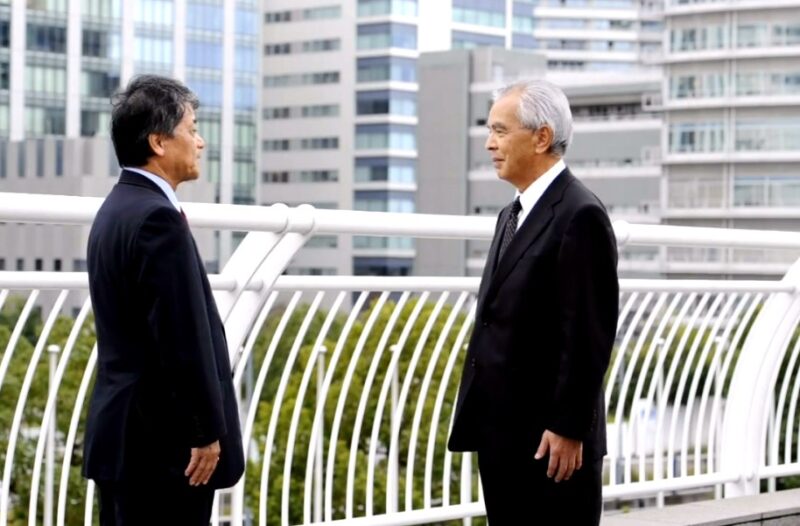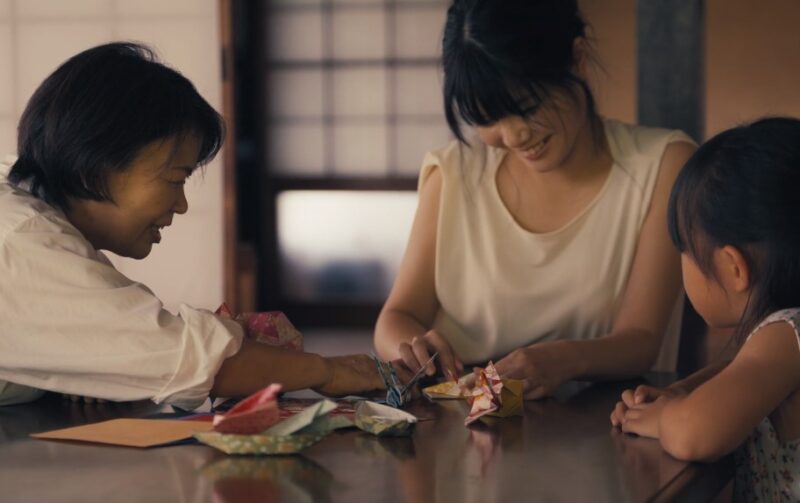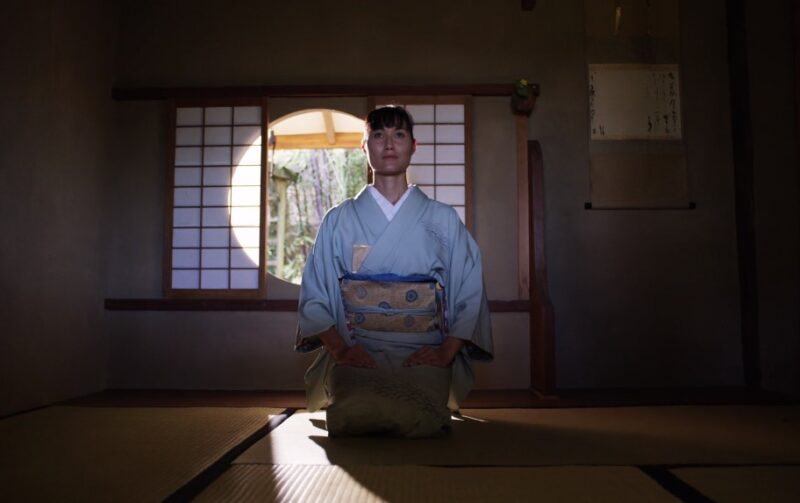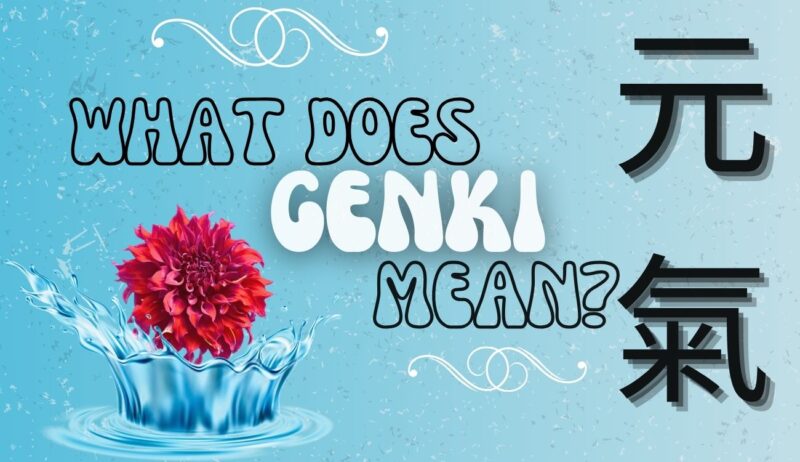In the bustling streets of Tokyo or while watching your favorite anime, you might have come across the word “Genki.” But what does it really signify?
If you’re thinking it’s just a simple greeting, prepare to be surprised. “Genki” is more than just a word – it’s a glimpse into the Japanese psyche, culture, and way of life.
The Basic Interpretation

“Genki” is one of those Japanese words that doesn’t have a direct translation in English. In its simplest form, it stands for health and energy. Yet, it’s deeply rooted in the culture, expressing a holistic sense of well-being and zest for life.
The Literal Meaning
At its core, this word translates to “energetic,” “healthy,” or “lively.” When someone asks you “Genki desu ka?”, they’re essentially asking “How are you?” but with a subtle twist:
- Health: Are you feeling well today?
- Mood: Are you in good spirits?
- Energy: Do you have the vitality to face the day?
It’s a versatile term that touches upon physical health, mental state, and overall enthusiasm.
Beyond the Literal
While this word can be used in a casual greeting, it’s also indicative of a deeper cultural concept. The Japanese highly value societal harmony and one’s contribution to it.
Being “Genki” not only means you’re doing well but also implies you’re positively contributing to the environment around you. It captures the essence of:
- Proactivity: Taking charge and being productive.
- Positivity: Approaching situations with a can-do attitude.
- Societal Contribution: Being an active and beneficial member of society.
Genki in Japanese Culture

To truly understand this word, one must delve into its cultural significance. Japanese society places a premium on community, relationships, and one’s role within these dynamics.
The Harmony of “Wa”
Japanese culture revolves around the concept of “Wa” or harmony. The word “Genki” is intrinsically tied to this. When someone is “Genki,” they’re in harmony with their surroundings. This is reflected in:
- Relationships: Ensuring you’re approachable, understanding, and contributing positively to your interpersonal dynamics.
- Work Ethic: Being energetic and productive in your professional life.
- Community Involvement: Actively participating and contributing to societal activities and events.
Application in Popular Culture
The pop culture landscape in Japan, from anime to TV dramas, is filled with references to “Genki.” Characters that embody this spirit are often:
- Energetic and Bubbly: Think of the cheerful anime character who always motivates others.
- Resilient: Characters that bounce back from adversity, showcasing their inner strength.
- Heart of the Team: They often play a central role in fostering team spirit or community harmony.
How to Embrace the Genki Spirit

You don’t have to be in Japan to embrace the “Genki” spirit. Here are some tips on how you can incorporate this holistic sense of well-being into your life, regardless of where you are.
Self-Care and Well-being
At its heart, being “Genki” starts with you. Here’s how you can foster that energetic and healthy spirit:
- Physical Health: Regular exercise, a balanced diet, and adequate sleep.
- Mental Health: Meditation, journaling, and seeking support when needed.
- Hobbies and Interests: Engage in activities you love and that energize you.
Cultivating Positivity
To be truly “Genki,” one must cultivate a positive outlook. This involves:
- Growth Mindset: Embrace challenges as opportunities.
- Gratitude: Regularly reflect on what you’re thankful for.
- Helping Others: Offer support, be it a listening ear or a helping hand, to those around you.
Influence Beyond Japan

While “Genki” is deeply rooted in Japanese culture, its influence can be felt far and wide, especially in today’s interconnected global society. This is especially true in sectors where Japanese culture has made its mark.
The Spread through Media
Anime, manga, and Japanese films have served as powerful ambassadors of the “Genki” concept:
- Anime Conventions: Attendees often adopt the enthusiastic, proactive spirit associated with “Genki” characters, making these events energetic and lively.
- Learning through Media: Those new to the Japanese language and culture often come across “Genki” in the content they consume, leading to a deeper exploration and appreciation of the concept.
Global Health and Wellness Trends
With the global shift towards mindfulness, holistic health, and well-being, “Genki” fits right in:
- Wellness Retreats: Some retreats, inspired by Japanese philosophies, focus on achieving a “Genki” state of mind and body.
- Holistic Health: More people are recognizing the interconnectedness of mental, emotional, and physical health – a cornerstone of the “Genki” ethos.
The Power of Language and Expression

Language is a reflection of culture, and “Genki” is a prime example of this. It offers a lens into how a society views health, well-being, and societal harmony.
More than Just a Word
Every language has terms that don’t translate perfectly into others. “Genki” is one such word:
- Emotion: Beyond its literal meaning, “Genki” carries emotional weight, denoting positivity and cheer.
- Cultural Significance: The term captures a quintessential aspect of Japanese society – the importance of being in harmony with oneself and others.
The Universality of Well-being
Though “Genki” is uniquely Japanese:
- Shared Understanding: Most cultures have concepts or terms that echo the sentiment behind “Genki,” underscoring the universality of the pursuit of well-being.
- Global Resonance: In an increasingly globalized world, the essence of “Genki” resonates with many, transcending linguistic and cultural boundaries.
Modern-Day Usage of Genki

As the world evolves, so does language. The way “Genki” is used and understood today, especially by younger generations and outside Japan, has some nuanced differences from its traditional understanding.
Evolution in Urban Settings
In the bustling cities of Japan:
- Casual Conversations: Young urbanites might use “Genki” in passing, much like the English “How’s it going?”. It becomes less about a deep inquiry into well-being and more of a quick check-in.
- Digital Communication: In texts and online chats, “Genki” might be used flippantly or even ironically, showcasing the flexibility of its use.
Global Adaptations
With the international popularity of Japanese pop culture:
- Memes and Online Culture: “Genki” often finds its way into memes, GIFs, and online lingo, sometimes used in playful or exaggerated ways.
- Language Blending: Non-Japanese speakers might incorporate “Genki” into their vernacular, blending it with their native tongue’s phrases and giving it a unique twist.
Embracing Genki in Daily Life

For those intrigued by the “Genki” philosophy and wanting to make it an active part of their lives, here’s how you can embody it daily.
Personal Practices
Incorporating “Genki” into your routine:
- Morning Rituals: Start the day with activities that energize and center you – be it a workout, meditation, or a simple gratitude practice.
- Self-Reflection: Periodically assess if you’re in harmony with your surroundings and make adjustments as needed.
Building Genki Relationships
Fostering relationships that resonate with the “Genki” spirit:
- Active Listening: Engage in conversations with genuine interest, ensuring the other person feels seen and heard.
- Group Activities: Participate in group endeavors, be it community service or team-building exercises, that encourage harmony and mutual support.
FAQs
Can “Genki” be used to describe objects or only people?
While it is most commonly used to describe people’s health or energy levels, it can also be applied to objects or situations in certain contexts.
For example, a lively party or an energetic music track might be described as “Genki.” However, when used for objects, it often implies a sense of vibrancy or liveliness.
Is “Genki” used differently based on regions in Japan?
While it is universally understood across Japan, regional dialects or colloquialisms might influence its usage. For instance, in Kansai, people might use “Genki ya nen” instead of the standard “Genki desu.” However, the core meaning remains the same.
Are there any synonyms in Japanese that convey the same meaning as “Genki”?
There are words that touch upon similar concepts, like “Kibun” which relates to mood, or “Choushi” which can refer to condition or form. However, each word has its unique nuances and can’t replace the word in all contexts.
How has the usage of “Genki” changed over the centuries in Japan?
Like many words, this one has evolved over time. Traditionally, its primary implication was physical health. With modernization and cultural shifts, it has taken on a broader meaning, encompassing mental well-being, mood, and overall zest for life.
Is it appropriate for non-Japanese speakers to use “Genki” in conversations with native speakers?
Absolutely! In fact, many Japanese people appreciate it when non-natives make an effort to understand and use their language.
Using “Genki” correctly shows a level of cultural appreciation and can be a great conversation starter. Just ensure you’re using it in the right context to avoid misunderstandings.
Final Words
“Genki” is more than just a term or a greeting; it’s a way of life. Embracing its spirit is about nurturing a holistic sense of well-being, staying positive, and actively contributing to the harmony of the society you’re part of. Whether you’re in Tokyo or anywhere else in the world, there’s a bit of “Genki” waiting to be discovered within you.
If you want to read more about interesting stories and different topics, check out our website.
